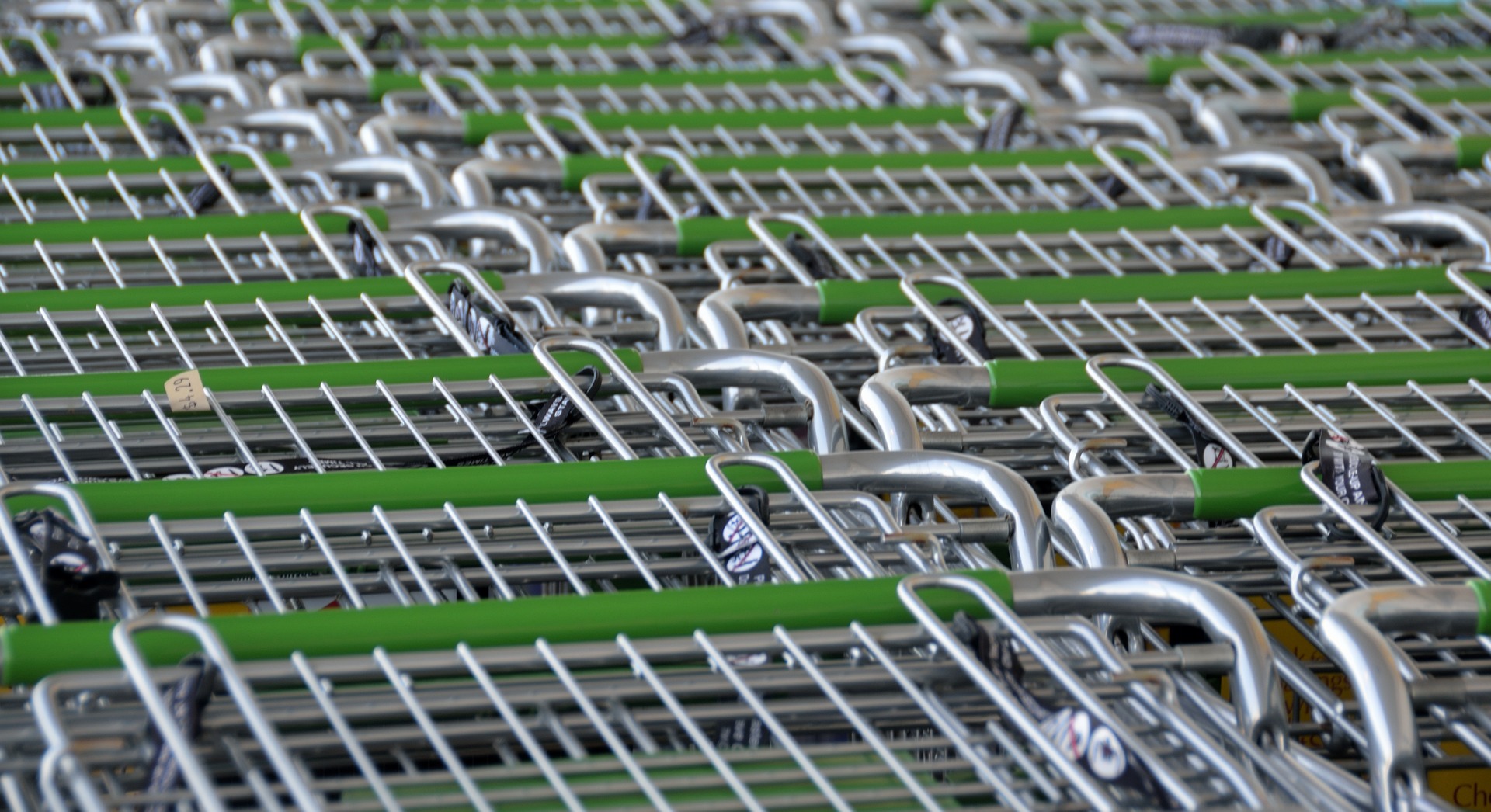The British Retail Consortium (BRC) has warned that despite total retail sales increasing by 1.7 per cent in December, weak sales growth was recorded towards the end of 2023.
The trade association said that although total retail sales were up over the four-week period, the figures were likely masking a drop in volumes due to inflation running at higher than normal levels.
During the three months to December, food sales were up 6.8 per cent, below the 12-month average growth of 8.1 per cent.
Non-food sales decreased by 1.5 per cent over the same period, steeper than the 12-month average decline of 0.1 per cent.
Sales saw a slight uptick in the week leading up to Christmas as consumers purchased last minute gifts, particularly online, due to the wet weather.
“The festive period failed to make amends for a challenging year of sluggish retail sales growth, as weak consumer confidence continued to hold back spending," said Helen Dickinson, chief executive, BRC. "The post-Christmas sales were unsuccessful in enticing spend in areas such as furniture and homeware, with households remaining cautious about making larger purchases."
She warned that 2024 would be "another challenging year for retailers", with spending continuing to be constrained by high living costs.
Beauty and health drive Christmas sales
Paul Martin, UK head of retail at KPMG, said that Christmas shoppers moved away from clothing, jewellery and technology gifts in 2023, instead opting for beauty, health and personal care products.
"Online sales remained in negative territory, although the decline was weaker than seen in recent months with sales down nearly one per cent on last year," continued Martin. “Retailers rolled out promotions that lasted longer and were deeper than last year and higher promotional activity amongst supermarkets saw grocery price inflation fall at its fastest rate on record in December."
Food & drink
Sarah Bradbury, chief executive of the Institute of grocery distribution (IGD) said that 2023 was left on an encouraging note for food and grocery, as December sales were up on 2022 figures.
"While these were down by a month-on-month comparison – continuing the trend seen in October and November – this is likely caused by falling food and drink inflation which has dropped for the eighth consecutive month," said Bradbury. "Volume increased slightly vs. December 2022, with Christmas week seeing the largest weekly year-on-year volume increase since April, likely helped by retailers cutting the prices of essential Christmas dinner vegetables."
Latest News
-
Tesco makes ‘significant strides’ on safety through body worn cameras
-
Flying Tiger Copenhagen appoints new group chief executive
-
Walgreens cuts over 600 jobs after buyout
-
Mango opens first store in Limerick as part of expansion plan
-
eBay and Etsy to buy Depop for $1.2bn
-
REWE opens automated fresh food facility to serve Berlin outlets
Beyond Channels: Redefining retail with Unified Commerce
This Retail Systems fireside chat with Nikki Baird, Vice President, Strategy & Product at Aptos will explore how unified commerce strategies enable retailers to tear down these barriers and unlock new levels of operational agility and customer satisfaction.
The future of self-checkout: Building a system that works for consumers and retailers
In this webinar, industry leaders discussed what the future of self-checkout looks like and how retailers can make the technology work for everyone.
© 2024 Perspective Publishing Privacy & Cookies










Recent Stories